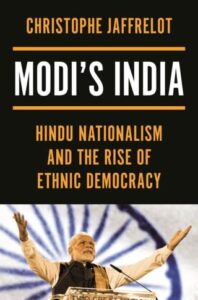 There are at least three factors fueling the new nationalism, argues MIT Economics Professor Daron Acemoglu:
There are at least three factors fueling the new nationalism, argues MIT Economics Professor Daron Acemoglu:
- First, many of the affected countries have historical grievances. India was systematically exploited by the British under colonialism, and the Chinese Empire was weakened, humiliated, and subjugated during the nineteenth-century Opium Wars. Modern Turkish nationalism is animated by memories of Western occupation of large parts of the country after World War I.
- Second, globalization increased pre-existing tensions. Not only did it deepen inequalities in many countries (often in unfair ways, by enriching those with political connections); it also eroded longstanding traditions and social norms.
- And, third, political leaders have become increasingly skilled and unscrupulous in exploiting nationalism to serve their own agendas. For example, under Chinese President Xi Jinping’s authoritarian rule, nationalist sentiment is being cultivated through new high-school curricula and propaganda campaigns.
There is no silver bullet to vanquish nationalist authoritarianism, he writes for Project Syndicate. But as India, the world’s largest democracy, succumbs to majoritarian illiberalism, Western governments should rely more on civil-society action to defend and advance democracy, adds Acemoglu, co-author (with James A. Robinson) of Why Nations Fail: The Origins of Power, Prosperity and Poverty (Profile, 2019) and The Narrow Corridor: States, Societies, and the Fate of Liberty (Penguin, 2020). RTWT







